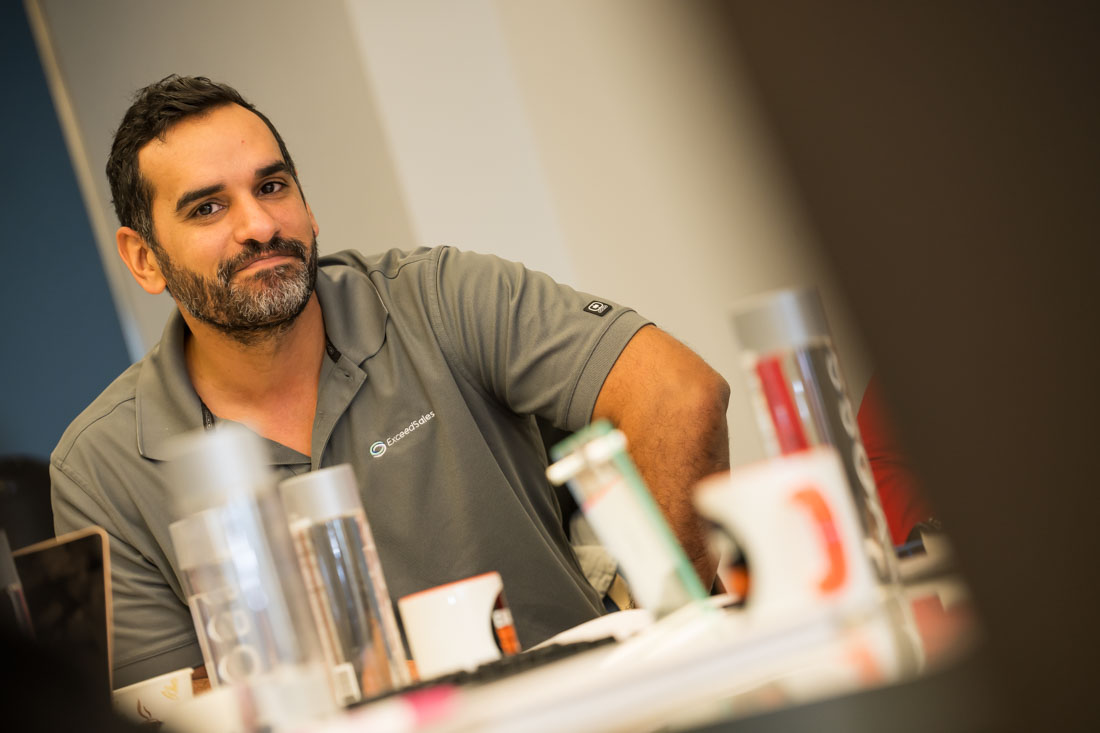The moment you’re about to say something is the absolute worst time to think about what you’re going to say.
But how many times have you been caught out in that situation?
How many conversations have you looked back on and been haunted with that shoulda, woulda, coulda feeling?
It’s horrible to experience that sinking feeling of regret after engaging in a critical conversation.
The good news is that there is a way to avoid this, and it all comes down to the pre-brief.
The Importance Of The Pre-Brief
Imagine if you’d just taken a moment before your conversation and thought about what needed to come out of it.
Imagine if you’d spent a little more time evaluating what the potential consequences of getting it wrong might be. Do you fully understand just how high the stakes are?
Everyone dreads the de-brief when things have gone wrong. But taking the right amount of time to focus on a pre-brief prevents the need for a de-brief!
A pre-brief increases your likelihood of a better exchange that achieves a far better outcome.
Do The Work Before The Work
Far too many people fail to realize how many critical conversations they’ve had in a day, a week, or a month, that could have been more successful.
How many of your conversations could have worked out differently if you’d prepared a little better?
You’ve got to do the work before the work.
Think of a professional speaker. They might talk for an hour to an audience of 800 people, but they’re not just responsible for their own hour, they’re actually responsible for 800 hours. That time needs to be valued and respected.
Now, you might not be a professional speaker, BUT if you’re leading a critical conversation, even one-to-one, you’re responsible for someone else’s time as well as your own.
You need to prepare and get ready for these exchanges to bring value to what you’re offering.
Everyone’s heard of the phrase ‘fail to prepare, then prepare to fail’. It’s no different from important exchanges with people.
If you think in terms of leading others, it’s not simply your time that you’re wasting, it’s theirs too.
How To Nail The Pre-Brief
Here are some tips on how to pre-brief:
Think about the exchange – is it a meeting, or a follow-up from an inquiry?
Consider what they want from this exchange, are they looking for a solution? Are they potential clients?
Assess all of this and make a plan before you sit down with them. There’s a great blog you can read all about the 3 Critical Ingredients To Communicate With Confidence which will help to plan your pre-brief.
You’ll learn all about creating curiosity, demonstrating empathy, and utilizing courage to ask the right questions to prepare for critical conversations.
Proper preparation will highlight potential objections, so when you’re asked about something difficult you can have an answer ready.
This will give you so much more confidence in these exchanges.
Thorough preparation demonstrates your respect for the person’s time that you’re taking.
Don’t Fear The De-Brief
If you’ve done the correct pre-brief, then you don’t need to fear the dreaded de-brief – the sinking should, woulda, coulda thoughts.
You’ll know that you’ve done everything possible.
You won’t get stuck thinking about the thing that you need to say.
You’ll have the answers prepared because you’ve thought about the potential objections. You’re curious enough to understand your audience and what they need from this conversation.
Valuing everyone’s time and doing some forward-thinking alongside intelligent planning will set you apart from the rest.









